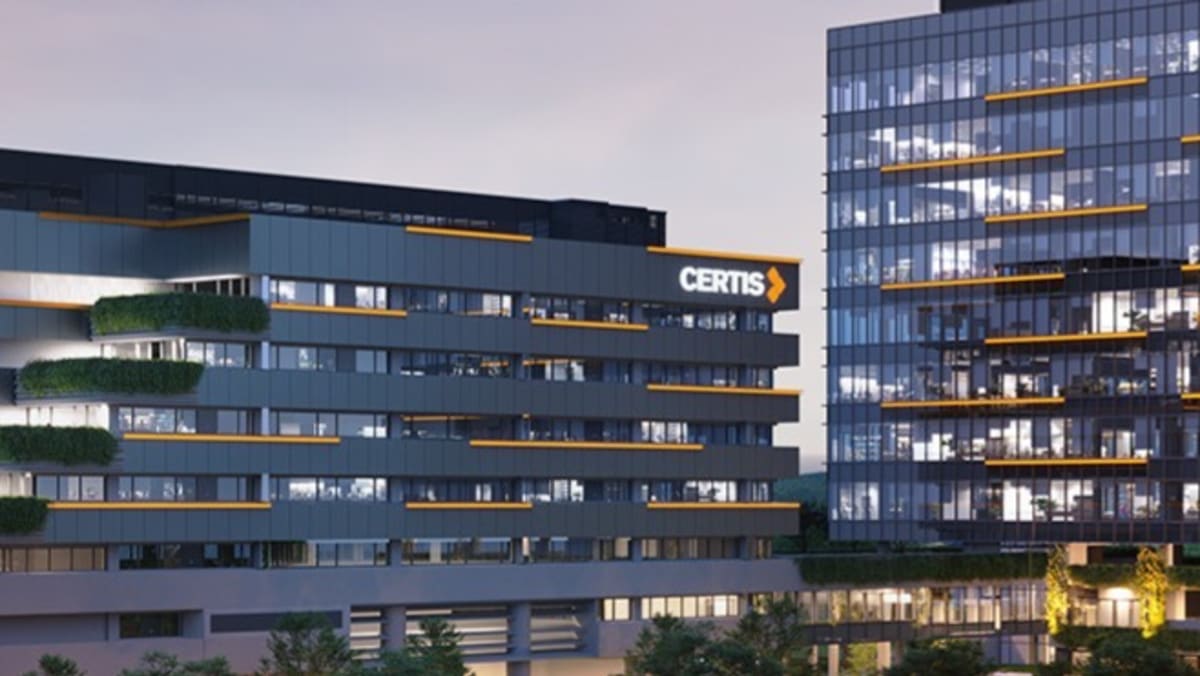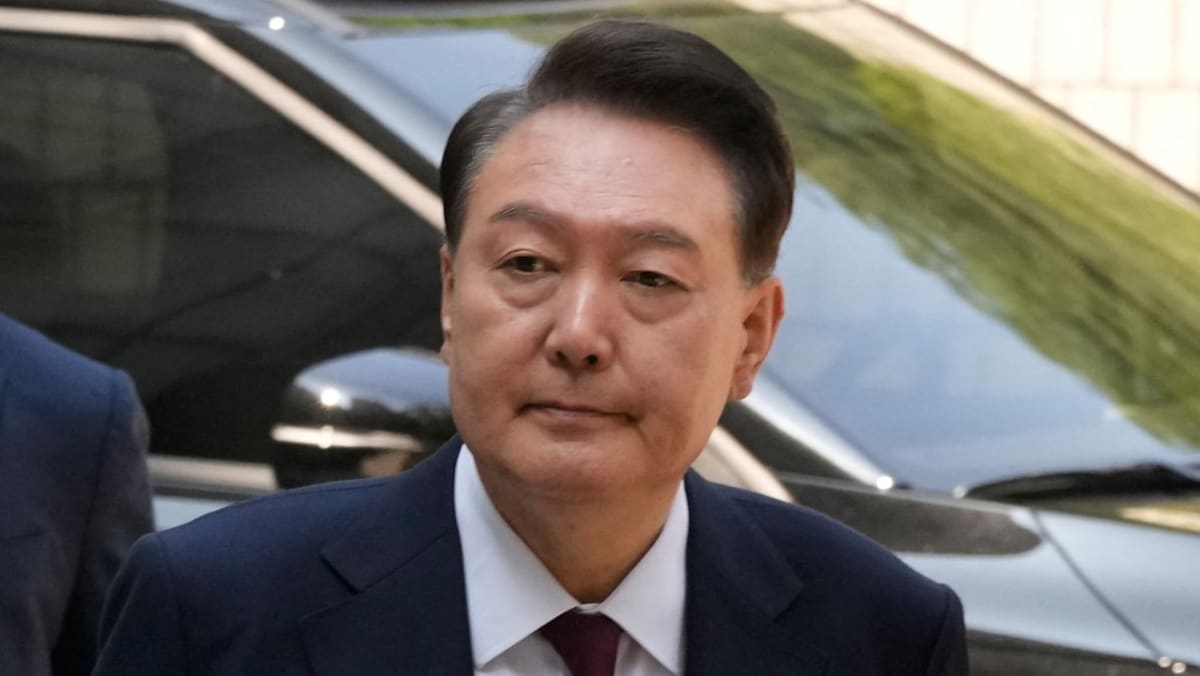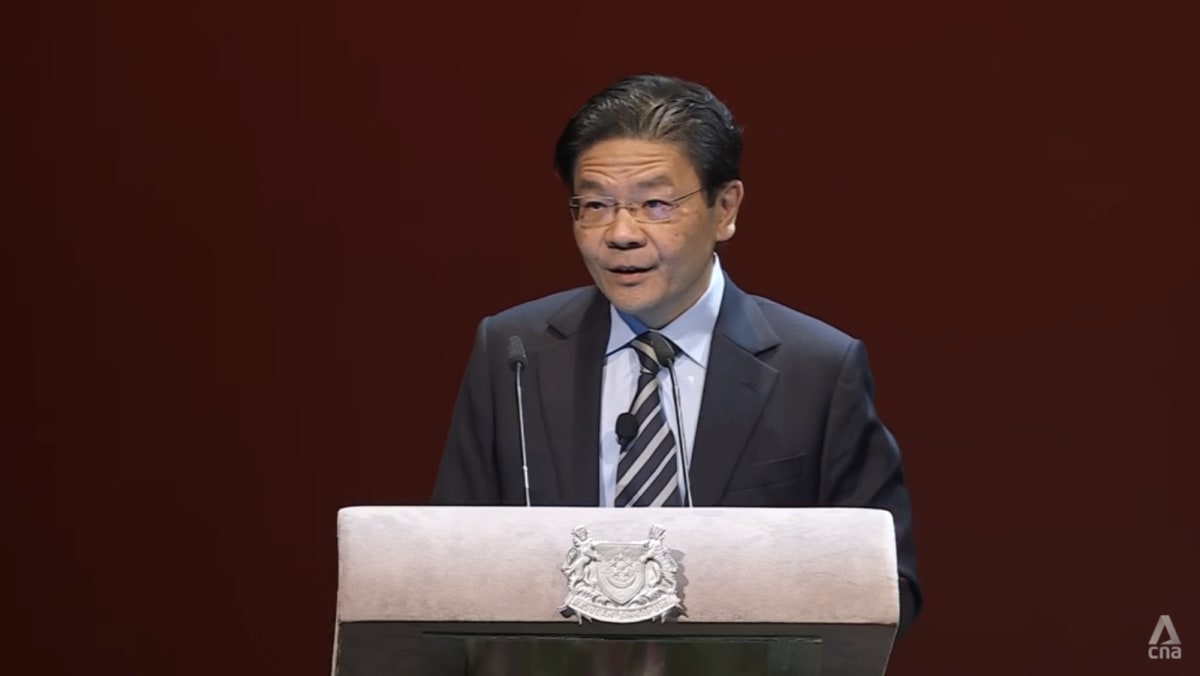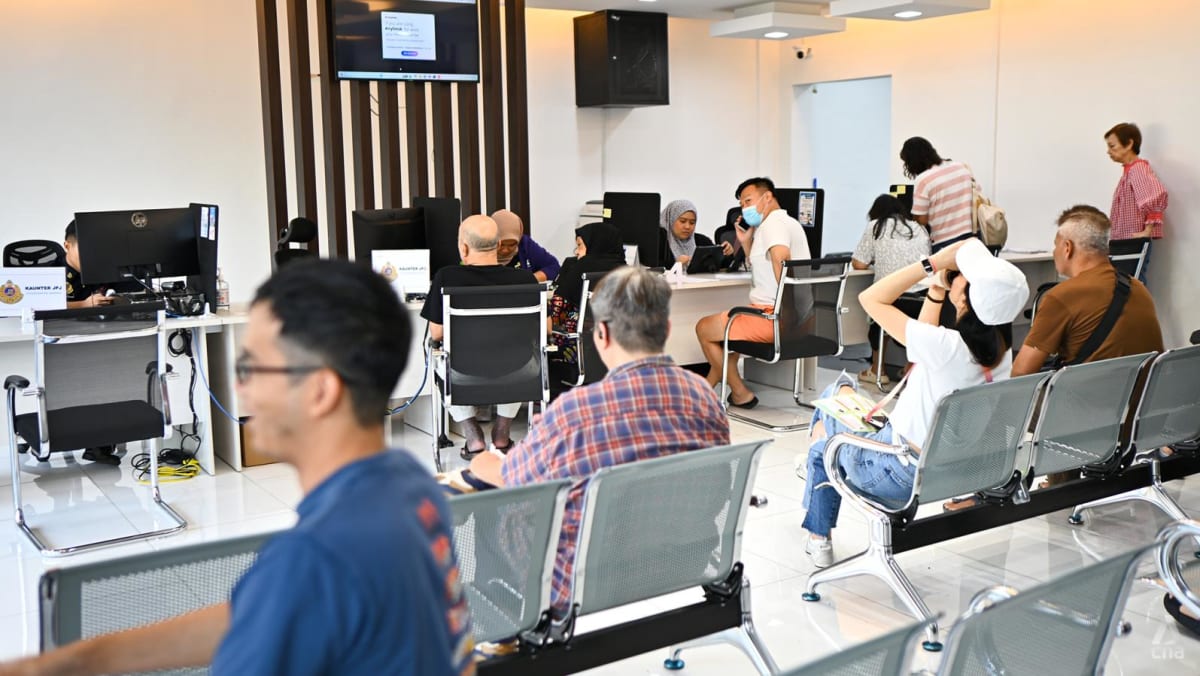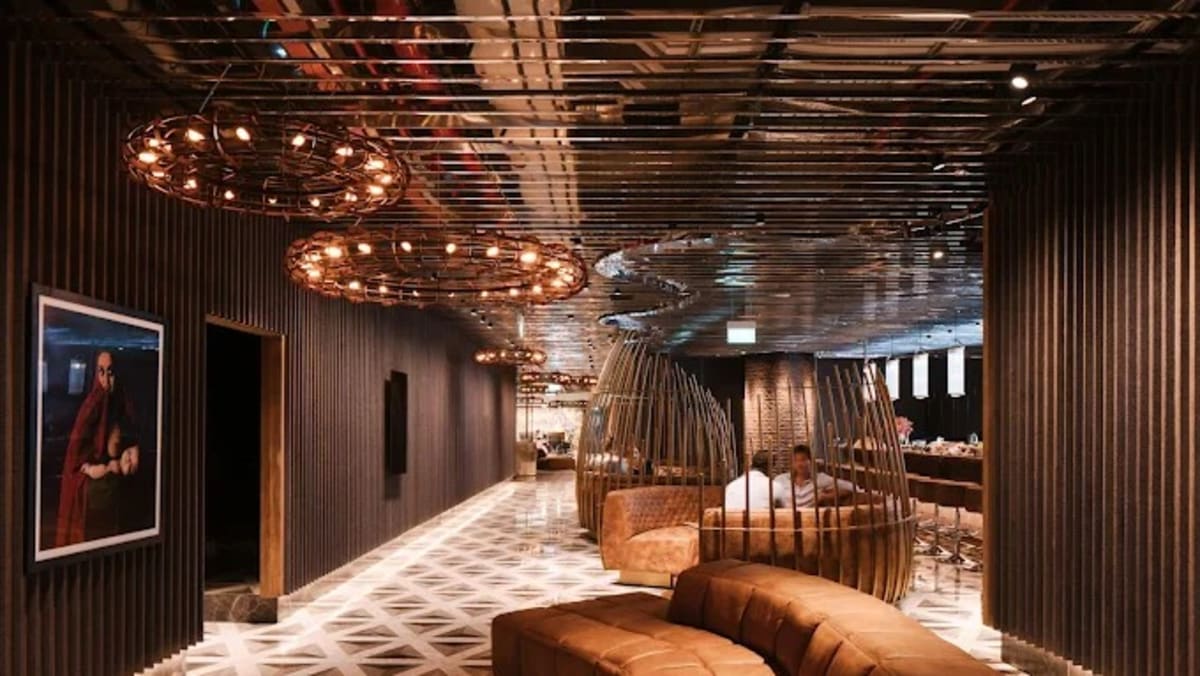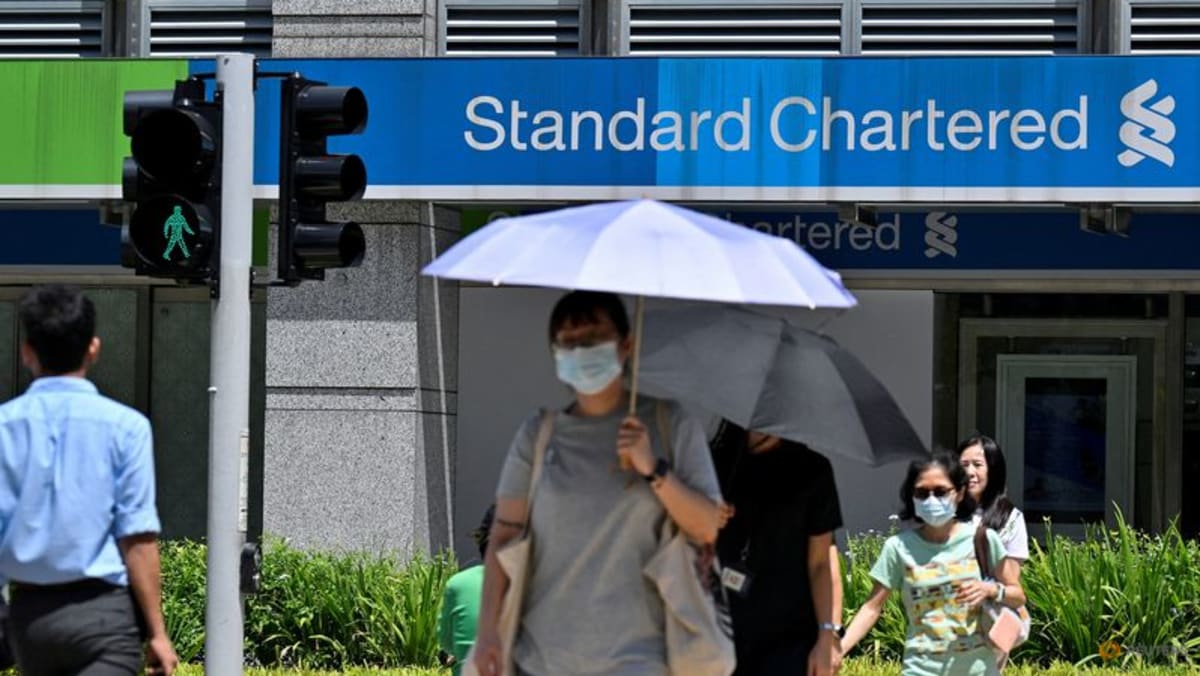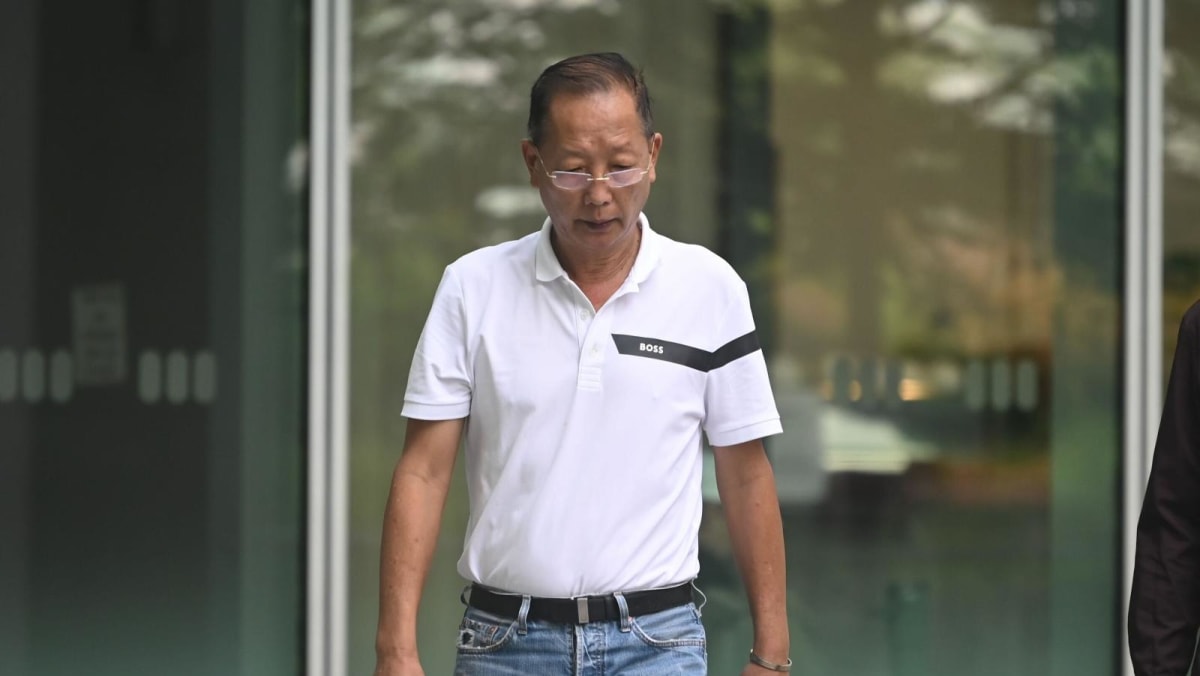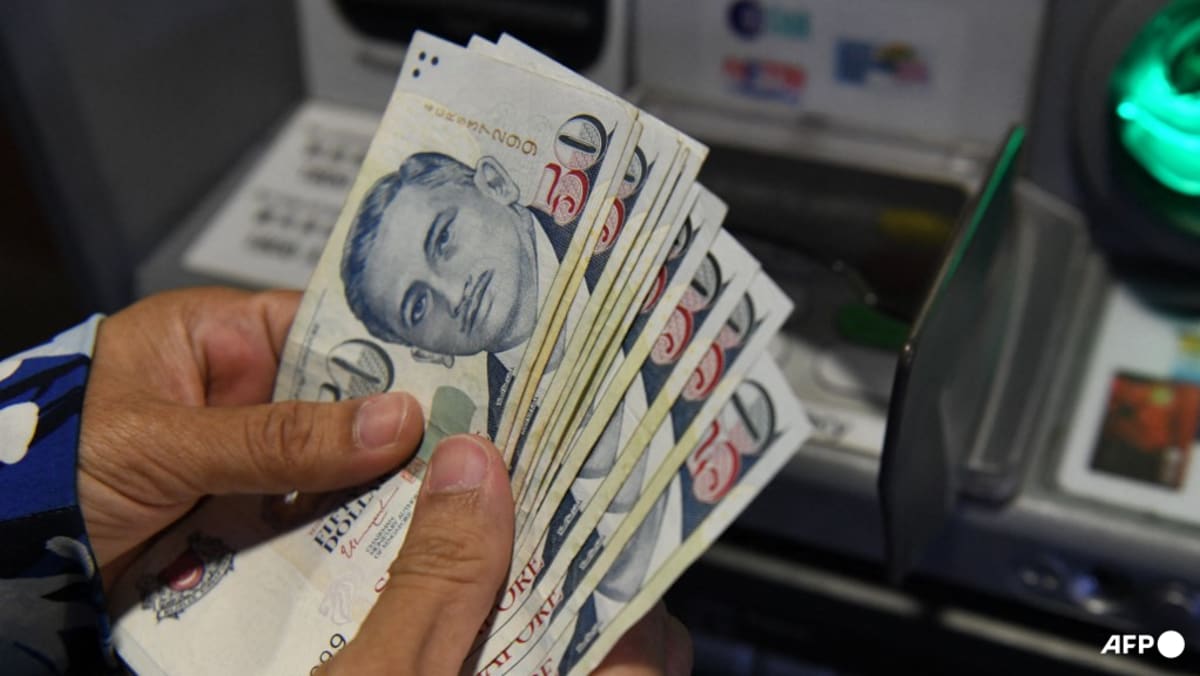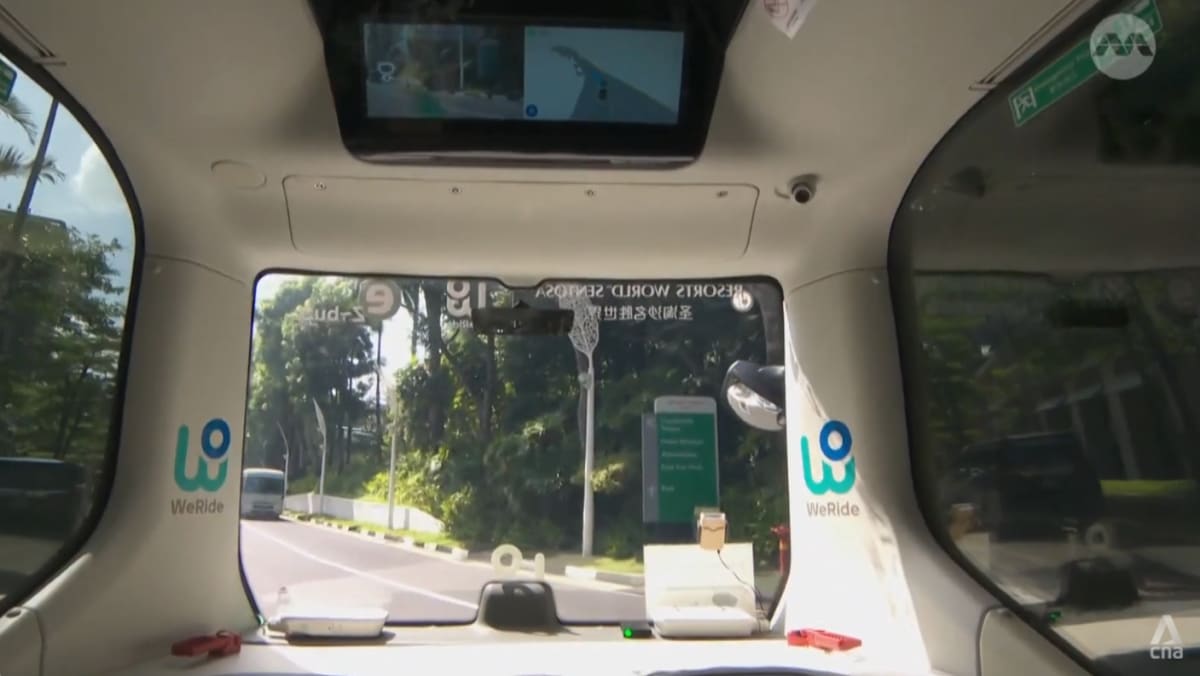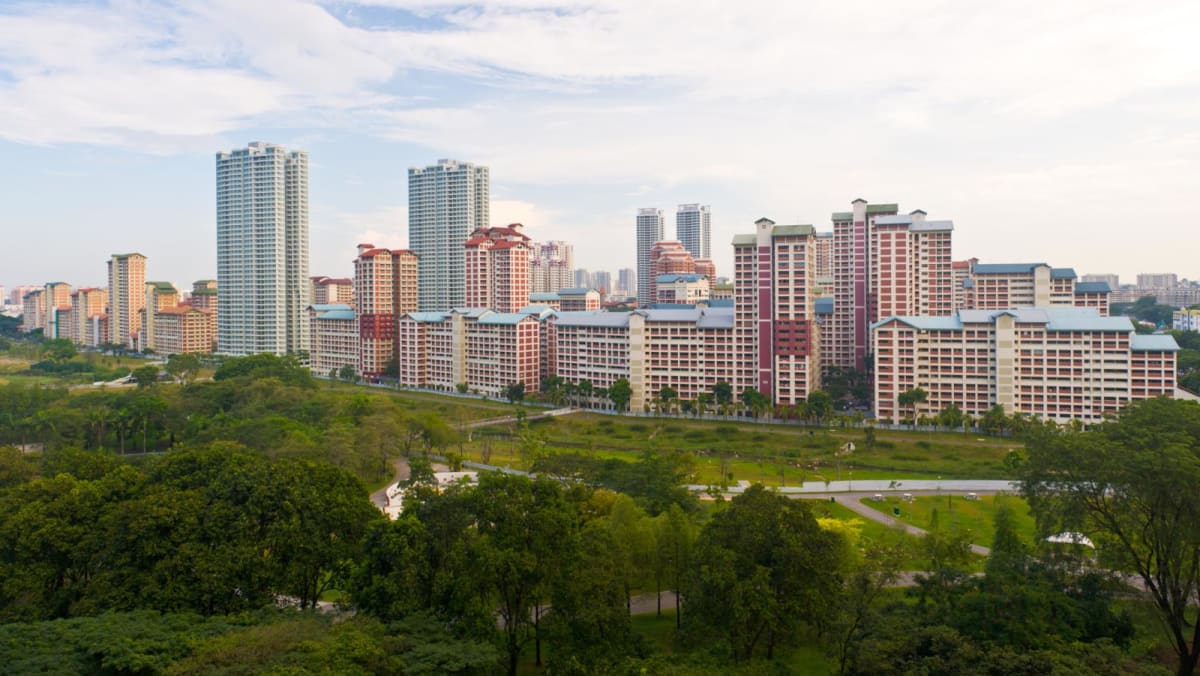DEEPER REGIONAL INTEGRATION
The Association of Southeast Asian Nations (ASEAN) remains central to Singapore’s foreign policy, said Mr Wong.
“In a fragmented world, regional unity matters more than ever,” he added.
Staying cohesive and proactive will help all 10 members of ASEAN navigate geopolitical tensions and maintain collective relevance, he noted.
Combined, ASEAN is now the world’s fifth-largest economy, said Mr Wong, noting that the gains have benefited citizens and businesses.
“But we cannot and we should not stop here. We have to accelerate our integration efforts,” he said.
ASEAN should aim for 100 per cent tariff elimination across the region and boost trade within the bloc, the Prime Minister added.
The region should upgrade its free trade agreements with key partners such as China, India and the Republic of Korea, and accelerate the development of the ASEAN power grid, said Mr Wong.
The grid will help ASEAN to transition to green energy faster, draw in new investments, create better jobs and strengthen the bloc’s collective energy security, he added.
When Singapore takes over as ASEAN chair in 2027, which will mark the bloc’s 60th anniversary, it will deepen regional integration and ensure the region remains a “vital and credible anchor” for peace and prosperity in Asia, said the Prime Minister.
GLOBAL NETWORKS
Singapore will also strengthen its global network of partnerships, said Mr Wong.
“In this increasingly multipolar world, we must develop more varied and deeper relations with multiple partners,” he said.
“The more connected we are, the more resilient we will be, and the better we can navigate uncertainty and withstand shocks.”
Economically, Singapore is involved in major frameworks like the Comprehensive and Progressive Agreement for Trans-Pacific Partnership (CPTPP) and Regional Comprehensive Economic Partnership (RCEP), along with “an extensive network” of free trade agreements, said Mr Wong.
“These give us market access, and insulation against rising protectionism,” he said. “But we must go further, to reinforce the multilateral trading system, and preserve open flows of trade and investment.”
Mr Wong said that he has spoken with his counterparts from Malaysia, Japan, New Zealand, the United Kingdom (UK) and the European Union (EU) over the past week.
“We represent different countries across different regions. But we all agreed on one thing: the world needs more cooperation, not less. We must not retreat into protectionism or isolationism,” he said.
One idea being pursued is greater collaboration between the CPTPP and the EU. The UK is already in the pact, and there are several economies keen to join too, said Mr Wong.
The CPTPP and the EU together form around 30 per cent of the world’s gross domestic product. A formal partnership can hence “facilitate trade and investment flows, and help to uphold the key principles of the rules-based trading system”, he said.
Another idea is to strengthen the ASEAN-EU Strategic Partnership, said Mr Wong.
The EU has been a dialogue partner to the region since 1977, and already has free trade agreements with Singapore and Vietnam, while pursuing arrangements with other ASEAN countries.
“Deeper collaboration between our regions on concrete projects can help us make progress towards the eventual goal of an ASEAN-EU FTA (free trade agreement), and unlock the potential of our combined market of over one billion people,” said Mr Wong.
Singapore is also deepening and expanding strategic partnerships beyond the economic domain, with like-minded countries, like Australia, New Zealand, India, France, Germany, the Republic of Korea, Saudi Arabia, the UK and Vietnam.
“We are reaching out to new frontiers in the Middle East, Africa and Latin America,” noted Mr Wong.
Singapore currently only has two diplomatic missions serving the entire African continent, in Cairo and Pretoria, and only one in Latin America, he said.
“This is insufficient. We will open new diplomatic missions in Africa and Latin America over the next few years,” he said.
US-CHINA RIVALRY
Today’s global order of cooperation, rules and stability is fraying, and the conditions that sustained it no longer hold, said Mr Wong.
“Within America, support for global engagement has declined. Many Americans feel left behind by globalisation – their communities have suffered job losses, stagnant wages and social dislocation,” he said.
“There is a growing sense that other countries are benefiting disproportionately from America’s security umbrella and access to its markets, while contributing little in return.”
The wars in Afghanistan and Iraq after 9/11 deepened public weariness towards foreign entanglements, while shocks from the 2008 Global Financial Crisis and COVID-19 pandemic caused further disruptions and dislocations, said Mr Wong.
Hence, there is now a strong and growing impulse within the US to turn inward towards its domestic priorities, and scale back costly overseas commitments, he said.
“This shift is evident under the current American administration. The US Secretary of State Marco Rubio himself highlighted that the unique role of the US was an ‘anomaly’ and ‘a product of the end of the Cold War’,” said Mr Wong.
This sentiment reflects deeper, structural changes in American society, and hence may not just be a temporary policy change, but “the new normal in the US for some time to come”.
Meanwhile, China has emerged as a near peer competitor of the US, after benefiting immensely from the US-led order, said Mr Wong.
“Today, a new generation of Chinese, raised in an era of rapid growth and national revival, believe that ‘the East is rising, and the West is declining’,” he said.
“They are also more assertive, determined to correct the perceived humiliations of the past, and to secure what they see as China’s rightful place in the world.”
